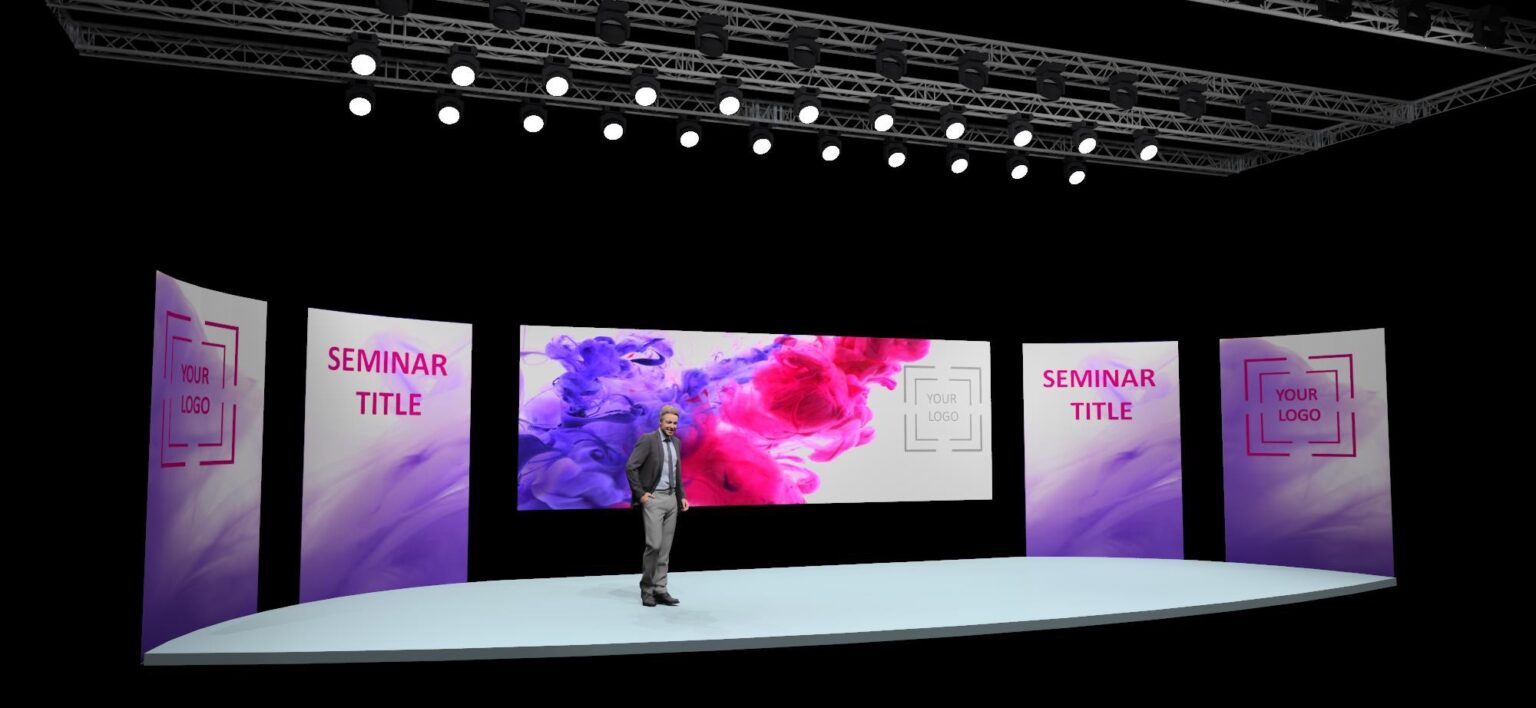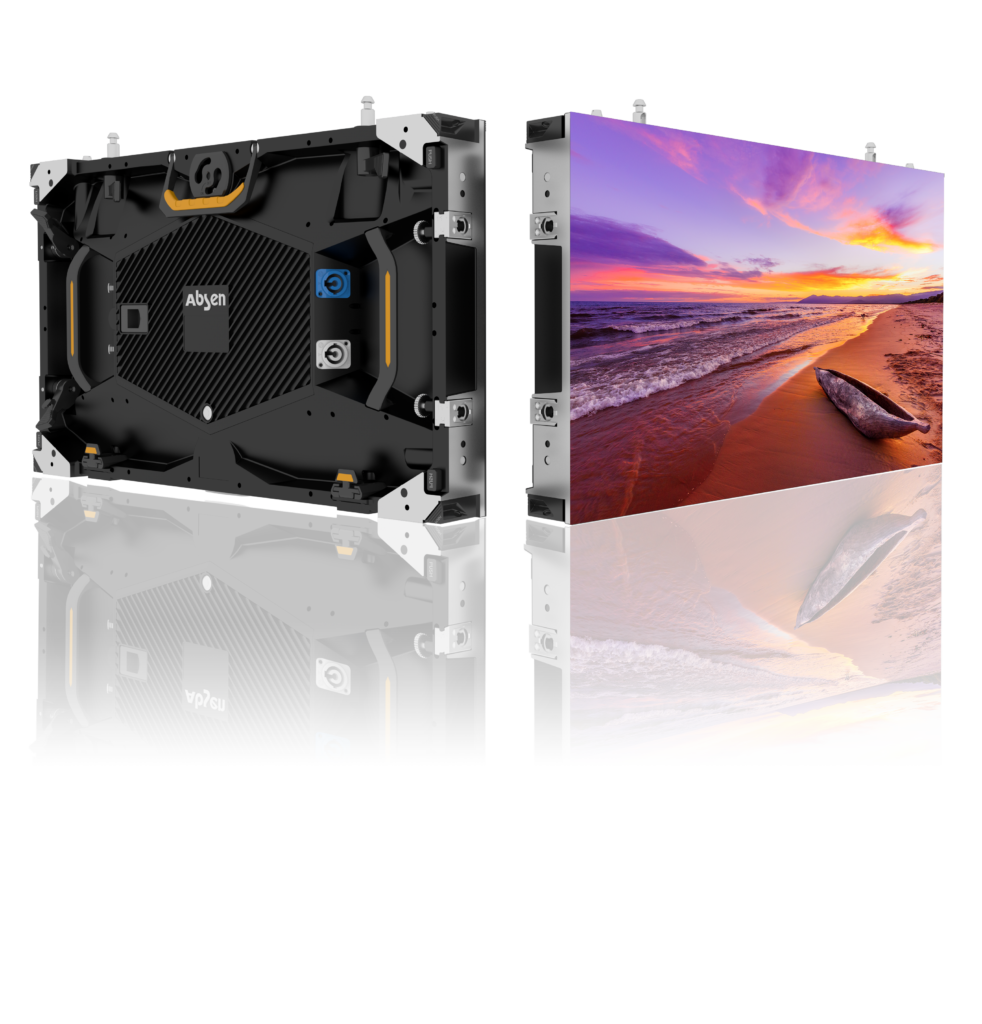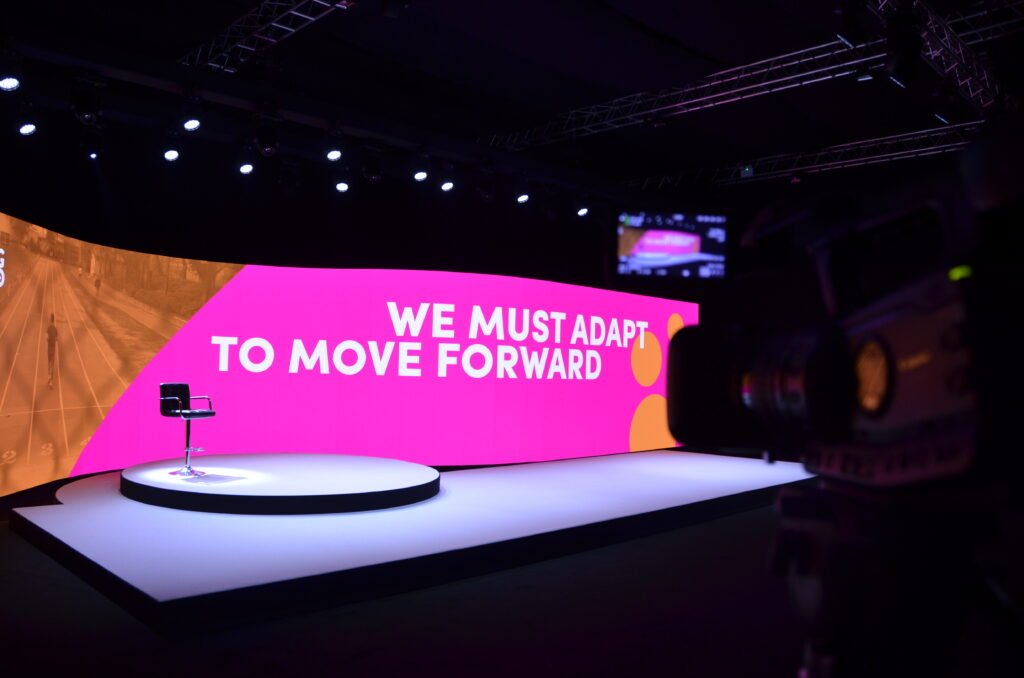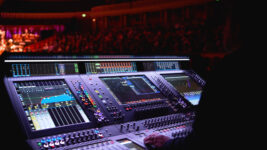News
19 Jul 2022
Lights, camera, LED

Subscribe to CX E-News
From traditional broadcast facilities to virtual production studios, the latest generation of LED displays are providing new options for producers and integrators while helping broadcasters futureproof their studios for years to come.
The rise of LED display technology has entered a new era as the broadcast sector emerges from the challenges of the past two years, with ever-more affordable LED screens finding new homes both in traditional studios and newer hybrid and virtual production facilities.
Compared to older LCD displays and green-screen backgrounds, LED presents countless advantages for broadcast productions. The flexibility provided by LED video walls allows broadcasters to change their on-air look rapidly, allowing for the same set to be used for multiple shows in different genres, while the technology behind Absen’s direct-view LED (dvLED) panels, which uses a surface array of LEDs as the actual display pixels, allows for the creation of high-contrast, high-brightness, large-format displays that can be scaled to any size or shape.

Absen’s LED panels can also be serviced quickly and easily from the rear without switching off the whole screen. This means very little downtime for studios, which proves particularly beneficial when working on a set that is about to go live.
Meanwhile, virtual studios incorporating LED floors, walls and ceilings alongside platforms such as augmented reality and XR stages are playing an increasingly important role in broadcast production. This includes both LED on camera – which enables actors, presenters and creators to interact in real time with their surrounding environment, without being limited to the confines of a green screen – and for live events.
Once the preserve of big-budget feature films, virtual studios are now providing versatile spaces for productions of all sizes to produce high-quality visuals when in-person filming is not possible or desirable.
Last summer, Scotland-based Catalyst Event Production Services sought to create a flexible solution to continue to provide its event services to customers while also adhering to local coronavirus restrictions. The result, Catalyst CONNECT, in located in a 200m² space, hosting a 50m² presentation stage with an Absen LED backdrop, in the heart of its Perth offices. The company opted for Absen’s lightweight Aries 1.5 MiniLED; with its 170° wide viewing angle, and high contrast for vibrant and engaging content, the Aries 1.5 was the perfect indoor 4K-resolution LED display for the virtual studio’s requirements.

In addition to the Aries (AX) Series, Absen’s recommended LED products for virtual production include the Polaris (PL) Series and soon-to-be-launched Pixel Reality (PR) Series for backdrops, the PR and Jupiter (JP) Series for ceilings, and the Mars (MR) Series for floors.
Born for virtual production, Pixel Reality is a brand-new design platform announced at the company’s recent online 2022 Spring Event. The PR Series – which focuses on high contrast ratios, refresh rates, colour gamut, frame rates and brightness; anti-reflective designs; improved high dynamic range (HDR) response; and screens offering a curve of up 10° – comprises both a range of innovative new products and ‘VP’ versions of its existing lines to bring them into the Absen virtual production ecosystem.
Subscribe
Published monthly since 1991, our famous AV industry magazine is free for download or pay for print. Subscribers also receive CX News, our free weekly email with the latest industry news and jobs.






